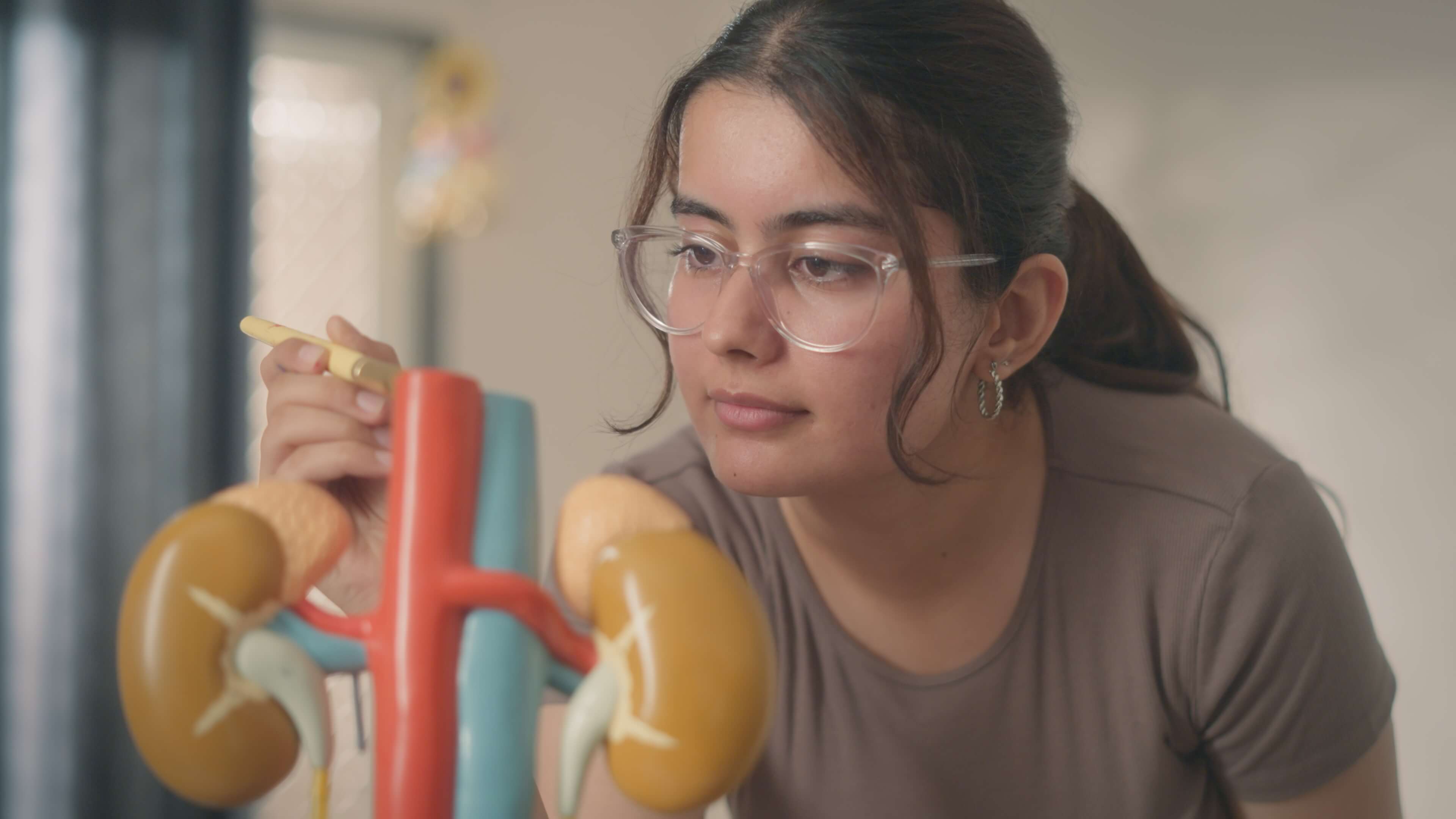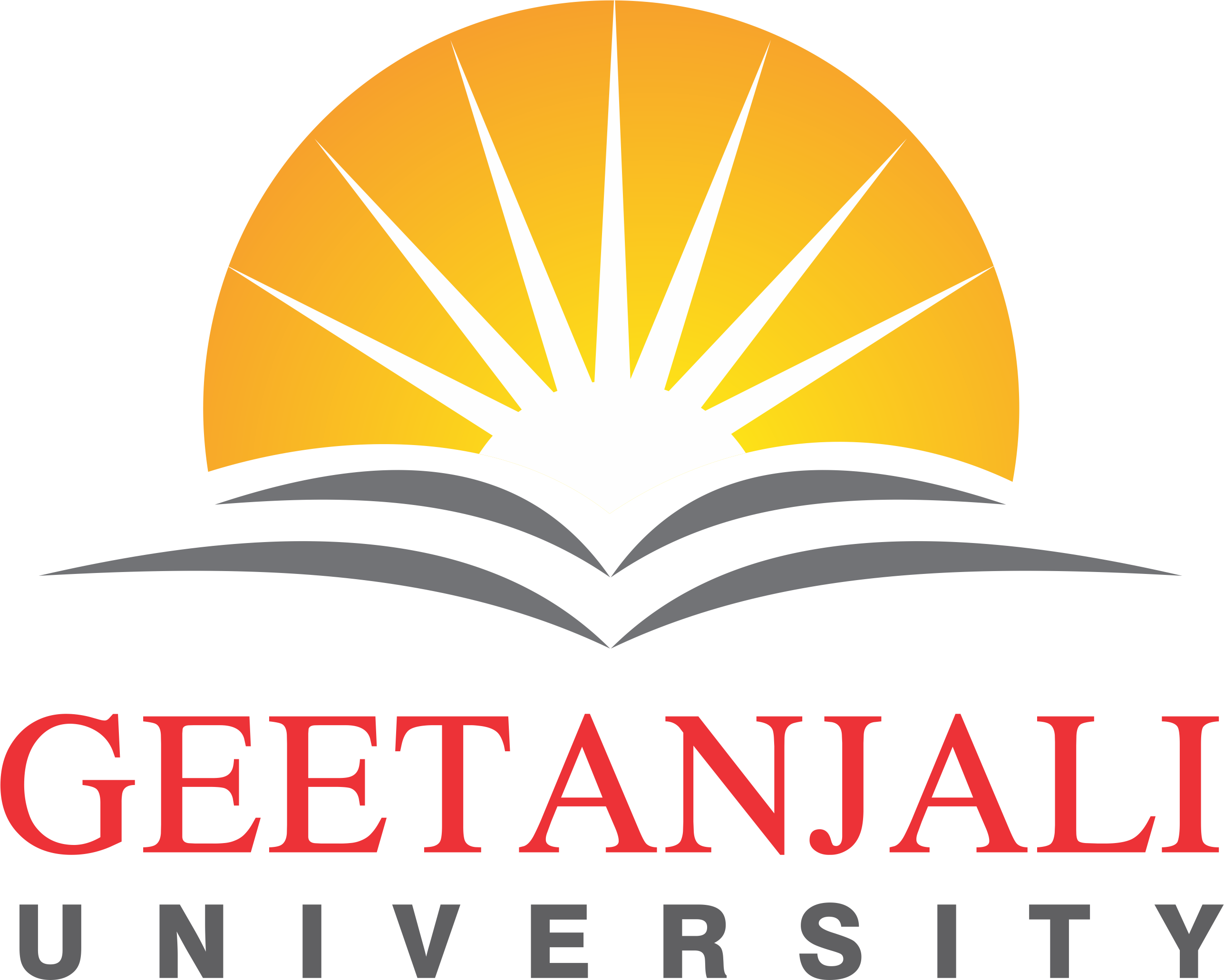The evidence-based decision making whether it relates to policy-making improving the education system or clinical practice is almost mandatory in academic institutions. It is a process of lifelong self directed learning in which the professional has the curiosity to identify important information and tools to enhance the impact of services.
In the teaching profession a teacher through professional knowledge experience and effective communication skills teaches in a classroom. However critical to this process is the teacher's ability to implement new strategies proven effective to improve performance outcomes including inspiring motivating and engaging students. This cannot be accomplished unless the teacher is well informed of the recent research findings and committed to implement those in classroom.
Similarly the evidence-based medicine involves integrating clinical expertise with the best available clinical evidence derived from systematic research. Clinical research can be looked upon as a broad term that includes basic-oriented research, disease-oriented research with animal models i.e. translational research, patient oriented research and outcome research.
Eventually it is the research blended with knowledge and other teaching attributes which enables teachers to be effective in their profession and enable institutions to serve students best.
For everyone involved in this research area the important thing is that the whole spectrum of research is essential from basic through translational to patient-oriented research and back again. It is essential to align the biomedical research enterprise with national needs.
To be a top ranking medical institute in the country it is essential for the university to support its faculty members and researchers to pursue quality research. The larger the university faculty members are dedicated to research the better would be the research productivity shown by the university. The management appreciates that it requires long periods to move from discovery to competitive product delivery for which long-term sustainable funding is essential. Research programs which are scientist-driven and those thrust areas which are identified by faculty jointly with the members of the advisory committees are encouraged at the university

The strength and strategic advantages to pursue research at GU are summarized
below:
The Geetanjali University strives towards strengthening the research activities establishing the research facilities and building capacity among the Students & Research Scholars. The University has the major aim of engaging in quality research activities in the interdisciplinary / multidisciplinary areas and to create specialized research units and groups to take up research studies to meet the contemporary challenges. Over the last few years the university has undertaken some significant research in emerging needs.
Both undergraduate and postgraduate students are encouraged and guided for the research projects. For postgraduate students including Super-Specialty, a dissertation is mandatory prior to award of degree. GU is also running Fellowship programs in various specialties and Ph.D. Program in all the disciplines of Medicine, Nursing, Pharmacy, Dentistry, Physiotherapy and Allied Health Sciences. All the research work is headed by the Dean PG Studies with the support of Research Committee.







